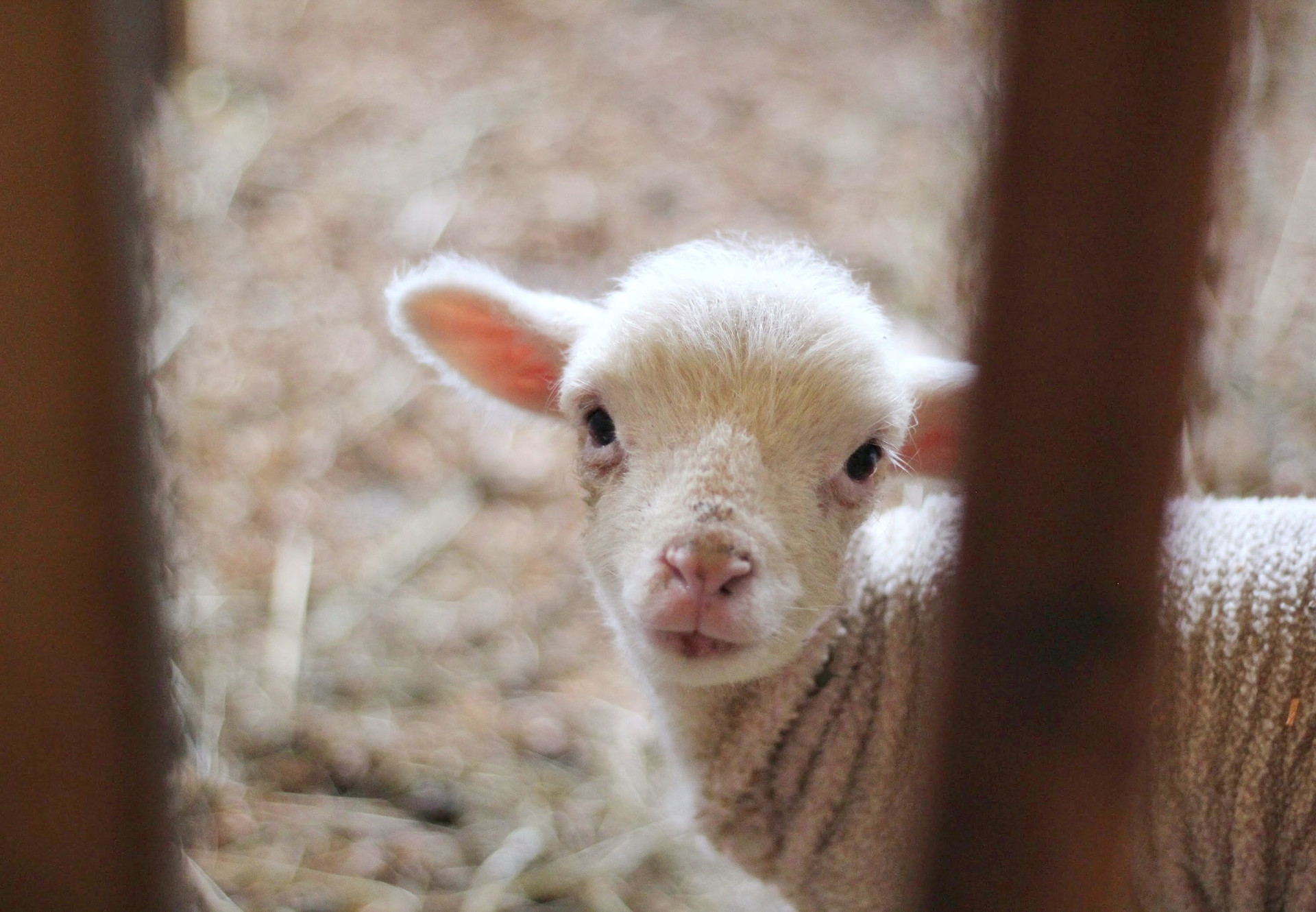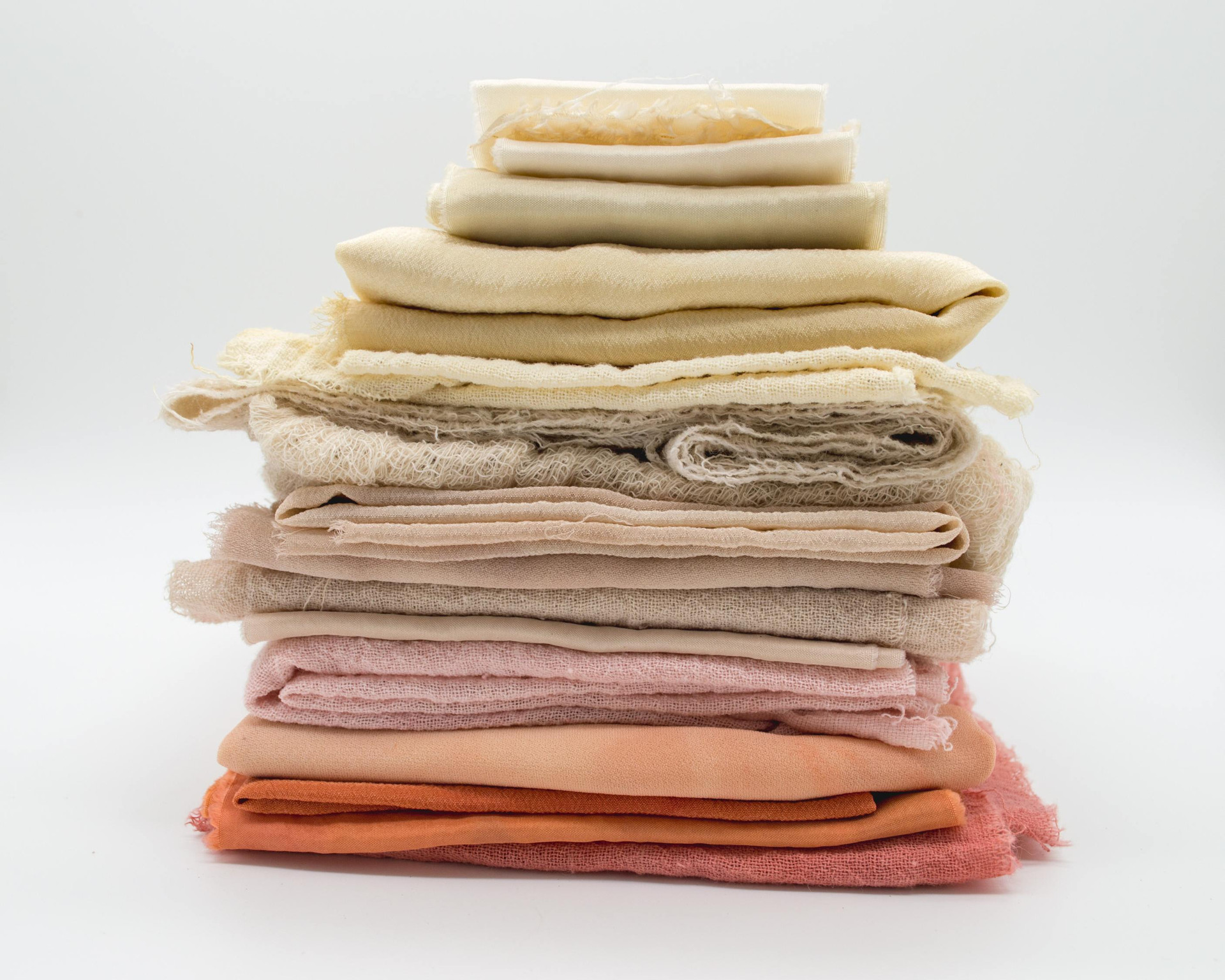
The good, the bad and the ugly: Fashion’s biggest animal welfare friends and foes revealed in new report
FOUR PAWS new report reveals the big - name fashion brands trailing behind commitments in doing better for animal welfare and climate standards
London, 27.11.2023 – Today, FOUR PAWS, in partnership with Good on You, has released the third edition of The Animal Welfare in Fashion Report, highlighting how animal welfare must be an essential component of truly sustainable fashion.
FOUR PAWS rated 100 brands, spanning 15 countries, using Good on You’s methodology for ‘animals’ and found that whilst progress has been made on animal welfare in fashion since 2021, efforts by brands have not gone far enough and some have even taken backwards steps, despite business and consumer attitudes positively changing.
Sadly, only 15% of brands involved were rated ‘Good’ or ‘Great’ (a score of 75+) for ‘animals’. Of the 100, 20 fashion labels from the UK were included in the research and the gap between the good and the worst was significant.
The worst
Luxury icon Harrods brought up the rear as the worst performing brand included in the report, having achieved a score of just 28 (and therefore classing them as ‘Not Good Enough’) in the rating.
This low score is largely due to the lack of any animal welfare policy for textiles, as well as their overall endorsement of fur items.
We also saw poor scores from the British supermarket fashion brands like Tu Clothing, George and F&F. Despite their ‘parent’ brands having made some strides for animal welfare in their food policies, it is disheartening that their poor and, in some cases, non-existent textile policies aren’t matching up. Trailing behind improving peers, it is unfortunate these household names are close to becoming the new faces of ‘fast fashion’.
The good
In a more positive vein, however, Stella McCartney continues to lead the way by prioritising their commitments to animal welfare in their fashion lines. In the more ‘affordable’ fashion world, Missguided made strides to move away from a difficult past, achieving a ‘Good’ ranking and a score of 85, despite not having a dedicated animal welfare policy. This high score was awarded based on their overall move to no longer sell any animal-derived materials. We hope this is the start of further strides for welfare and the introduction of a policy. But, with the news that our lowest-scoring name on the list, SHEIN, were looking to take over the label, we hope that Missguided do not go backwards.
The ones to watch
The company showing the most improvement since our last report was Primark, who achieved a score of 66. With their commitments to certification schemes on all animal-derived materials where possible, and most notably their full transparency in manufacture (a rare move in the sector), along with their support for our campaign against mulesing by signing our Brand Letter of Intent, we are pleased to see them take these big steps to reduce their impact on animal welfare, and hope this will catch on for other brands.
Emily Wilson, Head of Programmes and Campaigns at FOUR PAWS UK said:
“This report has revealed record engagement from the fashion industry with animal welfare issues and initiatives over the last two years. Witnessing this in real time and working with brands who are actively wanting to do better for animals has been encouraging, with almost three-quarters of the brands we rated in 2023 now having animal welfare policies, an increase of 10% on 2021.
The most worrying aspect of this report, however, is the overall lack of transparency around the manufacture of animal-derived materials from brands, which makes it difficult for consumers to buy consciously.”
The report revealed that only 50% of brands reported their usage of some animal-derived materials, showing a widespread lack of transparency across the sector. Some materials like wool, are commonly assumed to be ‘cruelty-free’ by consumers, but with cruel practices like mulesing still occurring overseas, it is possible for brands to buy cruel wool and bury this fact under ‘sustainable’ misinformation and a lengthy manufacturing chain.
Last year FOUR PAWS UK worked closely with several British brands on their commitment to animal welfare, making recommendations on best practise for considering animal welfare in manufacturing and their transparency with consumers. Following some of these recommendations, many brands have improved their scores and have committed to a progressive future for animal welfare in fashion and, with it, hopefully a more transparent manufacturing journey.
Whilst ‘progress’ has been high on the agenda for many of the brands involved in the report, only 4% were revealed to have invested in the development of next-generation (‘next gen’) alternatives to these potentially cruel materials.
Wilson concluded:
“Whilst it is important to celebrate the improvements made by British high street favourites like Primark and M&S and also the continually high performing brands like Stella McCartney showing their peers how truly sustainable fashion is done, it is important we focus on the future and pushing further with sustainable ‘next-gen’ materials to ensure a future free from animals in fashion.
We hope that this report will encourage brands to continue their journeys to address animal welfare in their supply chains, commit to better standards, and be more transparent about the materials used in their manufacturing.”

